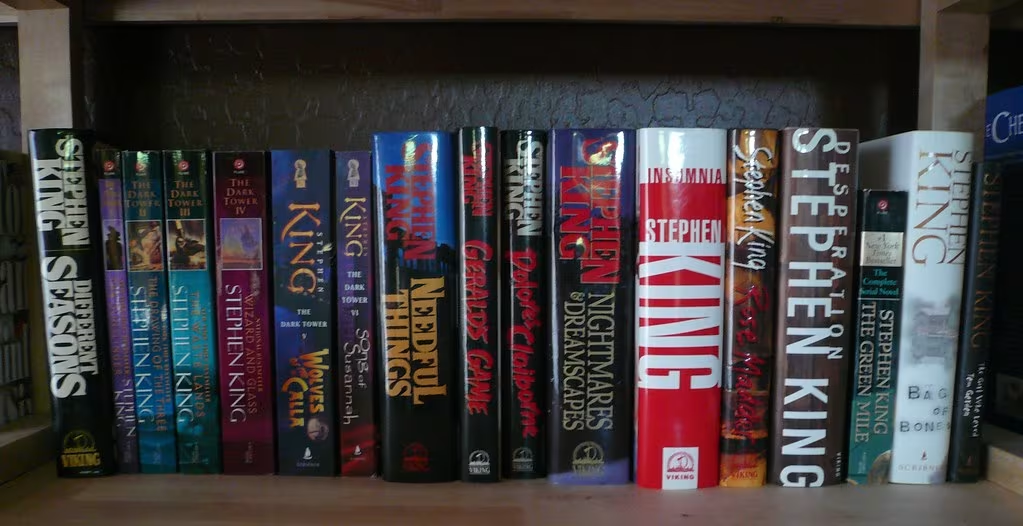On July 15, 2025, famed author ,[object Object], ignited controversy online with a tweet dismissing the notion of a secretive “Epstein client list.” Writing, “The Epstein client list is real. So is the Tooth Fairy and Santa Claus,” King appeared to liken the infamous list, supposedly naming elite customers of convicted sex offender ,[object Object],, to childhood myths. The reaction across social media was swift and polarized. King, who has built a reputation as a persistent critic of ,[object Object], and right-wing causes, stunned many of his own followers with a stance that seemed, on its surface, to echo recent statements from Trump’s camp and the ,[object Object],, both of which denied the existence of any such definitive list.
Public response quickly split along overtly political lines. Many MAGA supporters seized upon King’s tweet as implicit support for Trump, expressing outrage that the writer appeared to be dismissing the gravity of Epstein-related allegations. Critics accused King of suddenly siding with Trump at a moment when the focus had shifted to whether the former president and his associates might be named in unreleased files. Some users went so far as to question King’s motives, with hyperbolic allegations and suggestions of ulterior motives appearing in a number of replies. At the same time, King’s long-standing progressive audience expressed shock and confusion, as many had expected the author to support transparency in the Epstein case rather than publicly question the list’s existence.
The uproar was compounded by recent political developments. The ,Department of Justice,, which under Trump’s 2024 campaign vowed to release all Epstein-related documents, reversed course just days before King’s post, stating the files would remain sealed. Former Attorney General Pam Bondi, who had claimed to have the documents ready for release, publicly closed the case, further fueling conspiracy theories on both sides of the political spectrum. This sudden about-face heightened suspicions among Trump’s own supporters, leading to a rare moment of bipartisan outrage as both the MAGA faithful and progressives demanded more transparency about Epstein’s connections to those in power.
Within this climate, King’s tweet became a lightning rod for debate not just about Epstein, but about the broader use of conspiracy theories in American politics. Online commentators speculated about King’s true intentions, with some arguing he was mocking the political weaponization of the alleged list rather than denying Epstein’s crimes or those of his associates. Others suggested that in dismissing the “list,” King was really critiquing how both political parties have manipulated the issue to further their own agendas, especially during campaign cycles, leaving substantive justice and real answers out of reach for the public.


